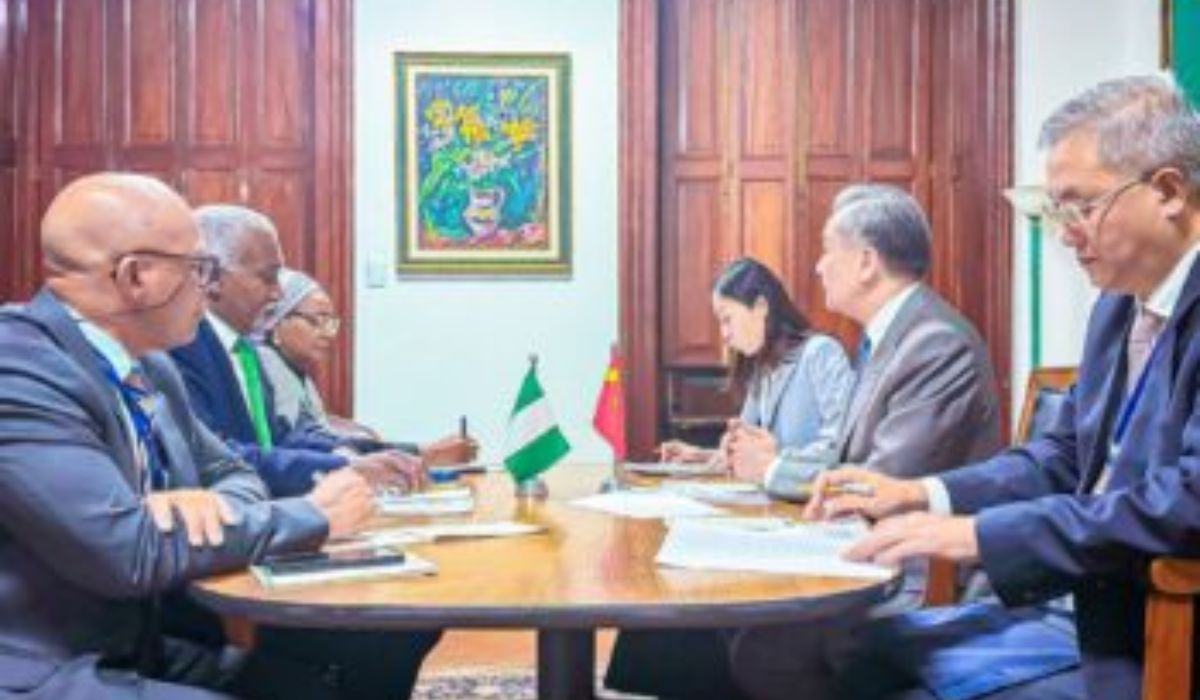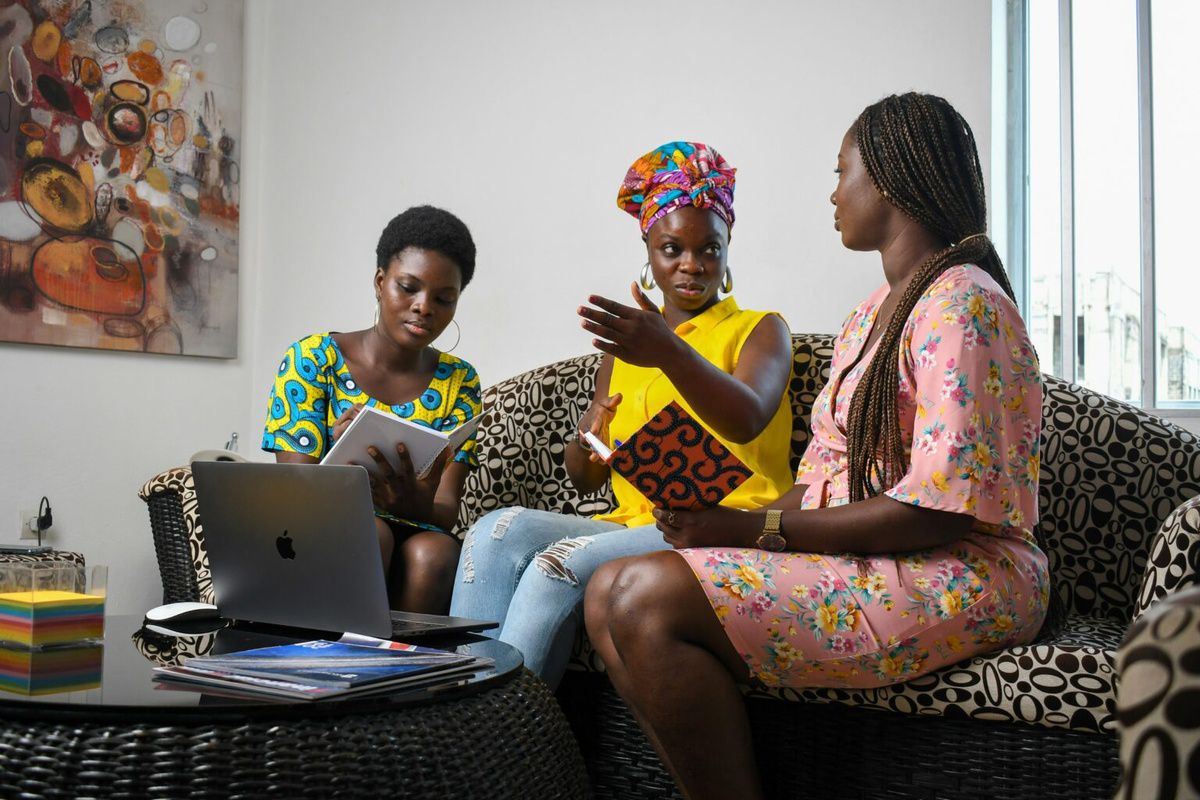Nigeria, China Pursue Stronger Trade Relations Amid Global Tensions

Nigeria and China are engaged in diplomatic discussions focused on enhancing trade cooperation and lowering tariffs, as both countries address challenges arising from increasing global trade friction.
These talks occur against the backdrop of significant trade policy shifts by U.S. President Donald Trump, who has implemented substantial tariffs affecting both nations – 145% on Chinese exports to America and 14% on Nigerian exports.
During the BRICS Foreign Ministers’ Meeting in Rio de Janeiro, Nigeria’s Foreign Affairs Minister Yusuf Tuggar met with his Chinese counterpart Wang Yi to discuss potential economic partnership opportunities.
“Our discussions focused on expanding economic cooperation through improved trade, reduced tariffs, and increased investment,” Tuggar stated.
“We also explored avenues to strengthen strategic partnerships, enhance infrastructure collaboration, and reaffirm our shared commitment to mutual respect and balanced, long-term development.”
Marking President Trump’s 100th day in office during his second term, China released a bold propaganda video titled “Never Kneel Down!” directly challenging American leadership.
The Chinese Foreign Ministry shared this video via its official X account, featuring dramatic imagery of storms, conflict, and historical moments that symbolize China’s determination to resist external pressure.
The narration included pointed statements such as, “Bowing to a bully is like drinking poison to quench thirst,” portraying China as unwilling to yield to foreign demands.
This assertive stance reflects the intensifying trade conflict between these economic powers.
Earlier this month, Trump implemented 145% tariffs specifically targeting Chinese imports while offering other nations a 90-day tariff pause, effectively singling out China. Beijing responded with 125% tariffs on American goods, though analysts suggest China may be negotiating from a position of relative weakness.
This represents a continuation of Trump’s previous approach to China. During his first administration, he imposed tariffs on more than $360 billion of Chinese products, citing concerns about intellectual property theft and forced technology transfers, which ultimately led to the 2020 Phase One Trade Deal.
As Nigeria strengthens its relationship with China, these bilateral discussions represent a strategic effort to build economic resilience amid global trade uncertainty.
The talks align with Nigeria’s broader initiative to develop trade relationships within the expanded BRICS group, which now includes Egypt, Ethiopia, Indonesia, Iran, and the UAE alongside its founding members.
By prioritizing reduced tariffs, infrastructure development, and sustainable growth, Nigeria aims to establish itself as a significant participant in the changing global trade environment.
Tuggar’s engagement with Chinese leadership demonstrates Nigeria’s commitment to establishing balanced and mutually beneficial partnerships that will help maintain the country’s competitive position despite shifting economic conditions.




